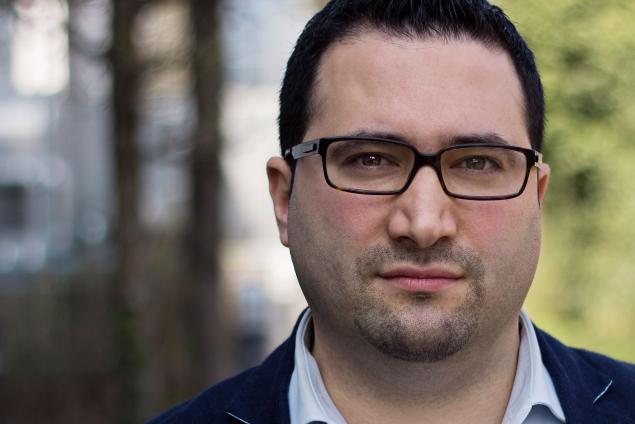Scroll to Section:
Sepsis is a common disease in intensive care. Under this condition the body reacts to infection by injuring its own tissues and organs which leads to high mortality rates. Until now reliable methods to identify vulnerable patients are lacking, and treatment is mainly directed at its symptoms. The research presented in this video focuses on endothelial progenitor cells, a cell type derived from the bone marrow circulating in the bloodstream. Their role in the development and healing of sepsis is examined. In order to quantify the endothelial progenitor cells the study uses flow cytometry – a biotechnological method to sort and count cells. The findings indicate that VEGF, the vascular endothelial growth factor, correlates with a positive outcome of the disease. These results specifying the role of endothelial progenitor cells can lead to new therapies for sepsis and may in the future also help to cure various diseases such as diabetes or strokes by supporting endothelial regeneration of the body itself.
DOI:
https://doi.org/10.21036/LTPUB10066
Institution

Heidelberg University (Ruprecht-Karls-Universität Heidelberg)
"Heidelberg University, founded in 1386, is Germany’s oldest university and one of the strongest research universities in all of Europe. The successes in both rounds of the Excellence Initiative and in internationally recognised rankings prove that Heidelberg’s excellent reputation and leading role in the scientific community are well deserved. In terms of educating students and promoting promising early-career academics, Heidelberg relies on research-based teaching and an outstanding, well-structured training for doctoral candidates. Heidelberg University is a comprehensive university, offering the full spectrum of disciplines in the humanities, law and the social sciences alongside the natural and life sciences, including medicine. As a comprehensive university, Heidelberg aims to continue to strengthen the individual disciplines and to further interdisciplinary cooperation, as well as to carry research results over into society and industry. With its aspiration of connecting traditional values with future-oriented scientific concepts in research and teaching, the university is building bridges to the future – Zukunft. Seit 1386." ( Source )
Show more
Original publication
Increased Circulating Endothelial Progenitor Cells in Septic Patients: Correlation with Survival
Critical Care Medicine
Published in 2007
Reading recommendations
Isolation of Putative Progenitor Endothelial Cells for Angiogenesis
Science
Published in 1997
Endothelial Progenitor Cells for Postnatal Vasculogenesis
American Journal of Physiology-Cell Physiology
Published in 2004
Endothelial Progenitor Cells and a Stromal Cell-Derived Factor-1Alpha Analogue Synergistically Improve Survival in Sepsis
American Journal of Respiratory and Critical Care Medicine
Published in 2014
Monitoring of Endothelial Dysfunction in Critically ill Patients: The Role of Endothelial Progenitor Cells
Current Opinion in Critical Care
Published in 2008
Circulating Endothelial Progenitor Cells Inversely Associate with Organ Dysfunction in Sepsis
Intensive Care Medicine
Published in 2012
Beyond
A Ground-breaking Scientific Revolution
An Alarming Challenge for Society
If I Had a Second Life
A Personal Reading Recommendation




